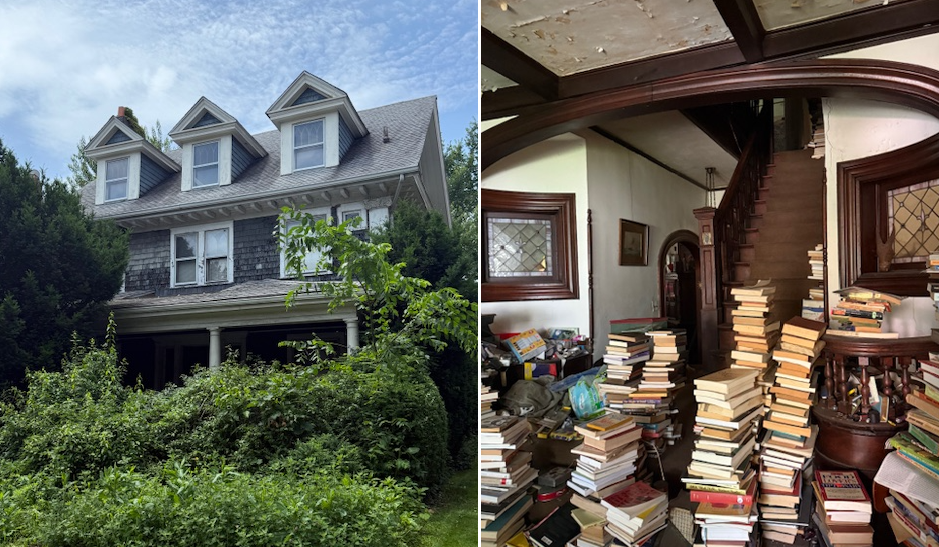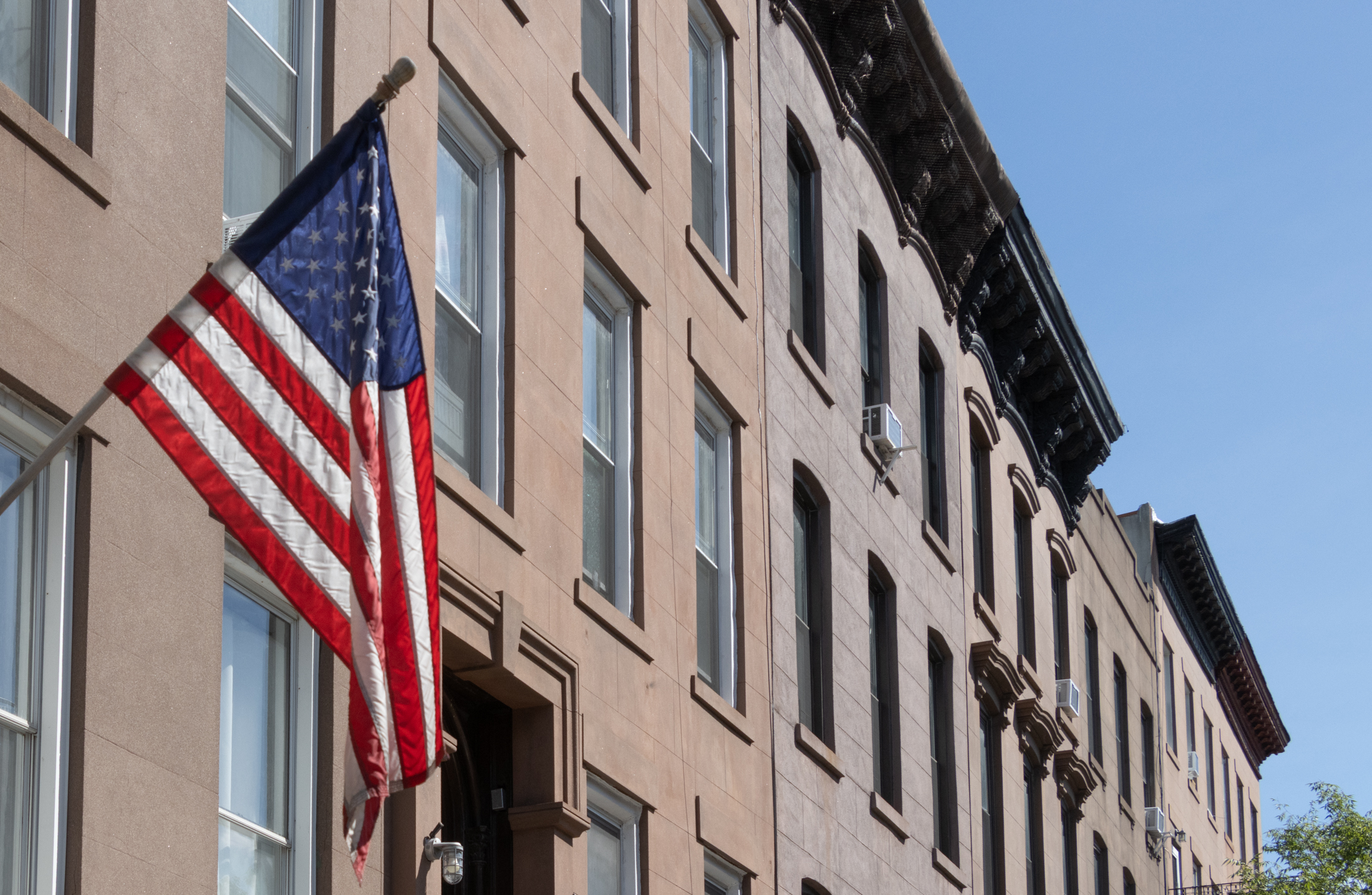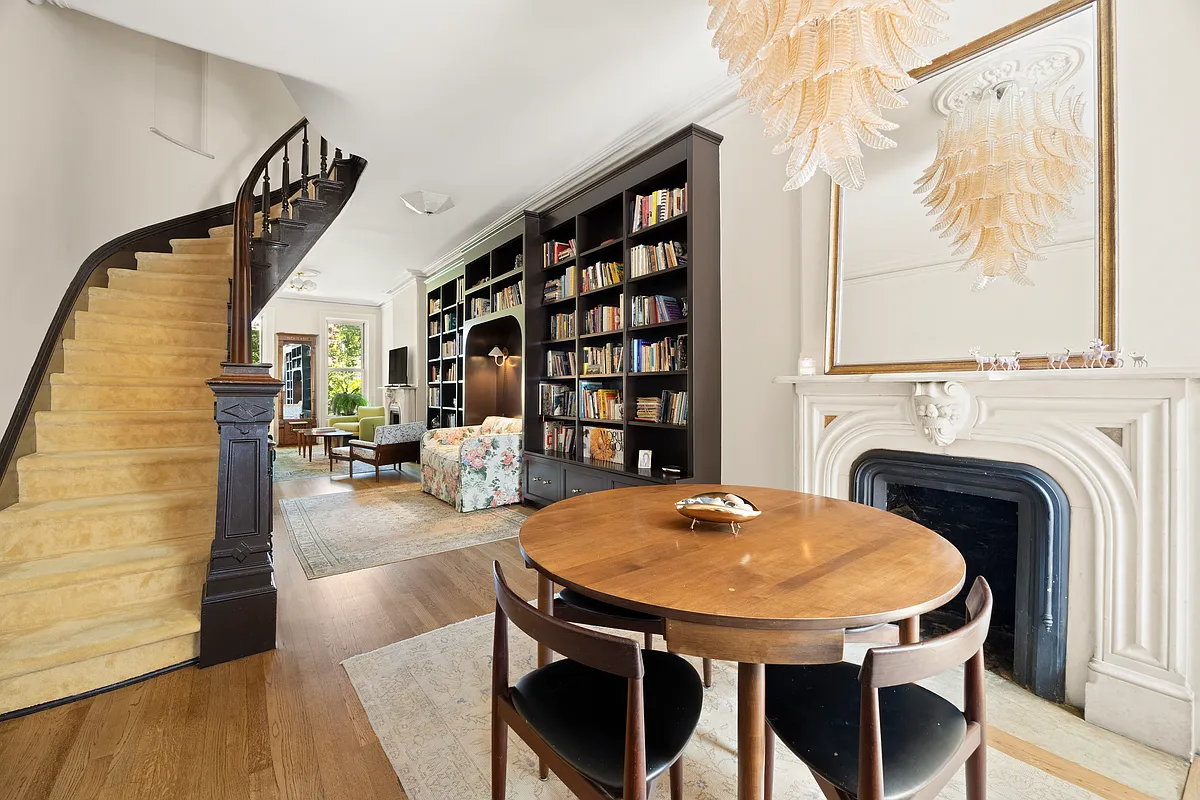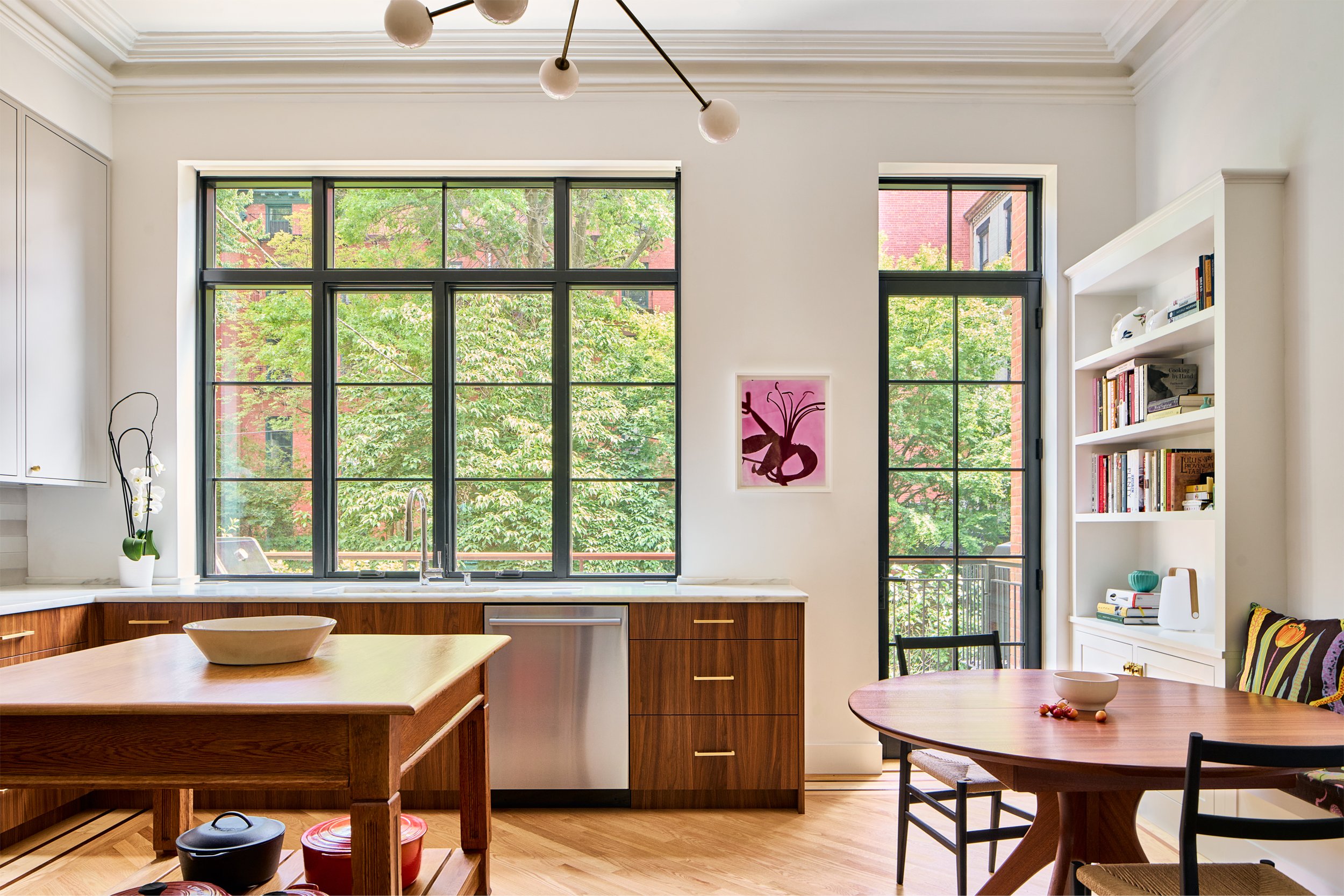Mortgages More Elusive for Some Minorities
A new study by the Furman Center for Real Estate & Urban Policy finds that mortgages fell 14 percent last year, but impacted communities very differently. For black and Hispanic home buyers, the number of mortgages dipped 44% and 34% respectively, while mortgages for white buyers barely fell at all. Asian buyers, on the other…


A new study by the Furman Center for Real Estate & Urban Policy finds that mortgages fell 14 percent last year, but impacted communities very differently. For black and Hispanic home buyers, the number of mortgages dipped 44% and 34% respectively, while mortgages for white buyers barely fell at all. Asian buyers, on the other hand, had six percent more loans. “As a result, the racial breakdown of home buyers in New York City changed significantly during the period studied, which predated the financial turmoil in the markets this year,” writes the NY Times. The shift isn’t entirely because of the sub-prime mortgage meltdown, says the NY Daily News (the Times says the opposite); prime loans have fallen for minority groups as well. The Times says one primary reason for the decline is fewer applications, but that’s not city-wide: mortgages fell in every borough but Manhattan, where they increased 12%. Even so, we’re doing better than the rest of the country, where mortgages dropped 25 percent on average.
Fewer Mortgages for Blacks and Hispanics [NY Times]
Minorities Hard Hit in Mortgage Crunch [NY Daily News]
Photo by wmliu.





Thanks. I heart “I heart brooklyn”
I’m with Adam Dahill on this:
“I’m torn on Interest Only loans. I myself have a 30 yr fixed with the first 10 years IO. I love this product because I am in a commission based business and my income fluctuates every month. I pay extra principal when I have large checks come in and when I receive my tax refund. Every time I make a principal payment my loan reamortizes and my monthly payment goes down but I continue to pay the same amount. It’s not for everyone and you need to be responsible.”
A lot of people are making the mistake of saying a product is bad instead of either the people using it or the way it’s applied. Maybe it’s being PC but it’s not smart.
You can’t tell me someone like Donald Trump pays down his principle every month. No. He pays the least amount possible and uses the difference for leverage in other projects.
It’s like Adam posts. Don’t take away the options that these products offer. Bankers and brokers need to be more responsible but ultimately it’s up to the person who will be repaying the mortgage to read the fine print and understand what they sign.
“Mortgage backed securities should be outlawed.”
No need. There’s enough bad publicity on them for most investors to keep away. These have successfully destroyed confidence in a big part of the financial system (rating agencies, banks, hedge funds) .. A big reason why there’s a lending freeze is that since this option is off the table now, banks would actually have to put their reserves/deposits on the line to make new loans and the fact that a large majority of banks are still holding these derivatives on their balance sheets as assets makes everyone suspicious of each other.
What really should be abolished is Fannie Mae and Freddie Mac along with “fractional Reserve” banking that allows banks to extend credit they don’t have thereby boosting housing prices. If banks actually had to lend out their deposits and back the loan 100% with their assets, there is no way these crazy prices would ever be agreed to and the housing bubble would have never existed.
Ironbales,
I’m sure you’re aware your comment on ‘rent stabbers’ sounds heartless.
Be that as it may, for a number of reasons I do not agree with your assessment that ongoing sale prices for townhouses/brownstones will necessarily chase rental costs, that we’re in for another 40% drop to realign sales with rents per se…
Yes, yes, I know there may end up being sales that are 40% below the tippy top prices…but as the sale prices come down and as all of these condos become rentals, rents may be coming down as well so that the cost of ownership will *still* be higher than renting and the two will not meet.
This is no shock to me–but maybe I’m wrong. Isn’t there still a premium to owning? The downside to renting seems to be, in part, that you cannot alter the apartment much or at all. Also stability in a rental might be questionable and there may be anxiety of being forced out either from steep rent increases, owners wantinng the space for personal use, etc.
I also feel that unless things fall completely to pieces, overwhelming numbers of people who bought their apartments and houses in the last 5 years are not that likely to sell their homes at a loss if they can afford the monthly payments. Yes, there will be those who have to sell for may reasons. From my experience, after 1987, after all was said and done, many people just sat tight for years.
Is this real estate crisis much worse? Things got very much out of control in the 1980s too!
🙂
“mortgages fell in every borough but Manhattan, where they increased 12%. Even so, we’re doing better than the rest of the country”
Failure to look a these issues long term is what got the rest of the country in this mess.
When the massive layoffs by the finacial center kick in, Manhattan will be just like everywhere else.
Mortgage backed securities should be outlawed.
So long as banks can’t sell off their home loans, they won’t make sub-prime loans.
Forget regulation, the government can’t even change a lightbulb.
I still predict the NYC housing market falls at least another forty percent.
The only real estate I’d buy right now is multi-family that cash flows or has the potential of cash flowing after getting rid of a few rent stabbers.
I’ll bite.
I’ll agree with you on payment option mortgages. Very nasty product that was not used correctly and both greedy brokers and greedy borrowers (i said it) exploited and used them incorrectly.
I think 10% is fair for a down payment. 3% and 5% are too risky and you don’t have quite the commitment to the house and mortgage as someone that spent time saving their money. It would be very hard for someone to walk away from their home and their savings. Don’t get me started on 100% purchases. Worse than 100% purchasses were the people that did 100% cash out refinances. They would liquidate all the equity in their houses to pay off credit card debt. I’ve got stories that would make your heads spin on this one.
I’m torn on Interest Only loans. I myself have a 30 yr fixed with the first 10 years IO. I love this product because I am in a commission based business and my income fluctuates every month. I pay extra principal when I have large checks come in and when I receive my tax refund. Every time I make a principal payment my loan reamortizes and my monthly payment goes down but I continue to pay the same amount. It’s not for everyone and you need to be responsible.
My 2 cents
“If you can’t afford a 20% down payment, don’t buy.”
I’ve bought 3 places in my life with 10% down, or less. Hell, I’ve never even paid PMI. So, I think 10% down is sufficient.
Disclaimer: I’m white.
From the Times article: “The biggest home lenders in minority neighborhoods are mortgage companies that provide only subprime loans, not full-service banks that do a range of lending.”
This is the crux of the matter here. As a minority borrower, with less than gigundo income, or absolutely perfect credit scores, I can tell you that the marketplace is set up so that the majority of buyers in minority neighborhoods end up in subprime loans. Many smaller RE brokers team up with mortgage companies who get the deals done. This is not always a scam, or rip-off. For years, it was the only way to do business. When communities like Crown Heights and Bed Stuy were redlined by ALL of the major banks, the only way to buy a house was through a broker. We’ve always paid higher interest rates, and had what are now called subprime loans.
It is only in the last twenty or so years that banks like Citibank and Chase, and the now swallowed Manufactures Hanover started doing mortgages in minority communities. WaMu, Bank of America, etc, are all newcomers. By the time they showed up, redlining was over, and WaMu, et al, started taking over in subprimes.
My first mortgage was with WaMu, at a subprime rate. Fortunately I was able to refi down the road, and now have a locked in decent rate with a major prime lender. Not everyone is so fortunate, or aware of what is going on.